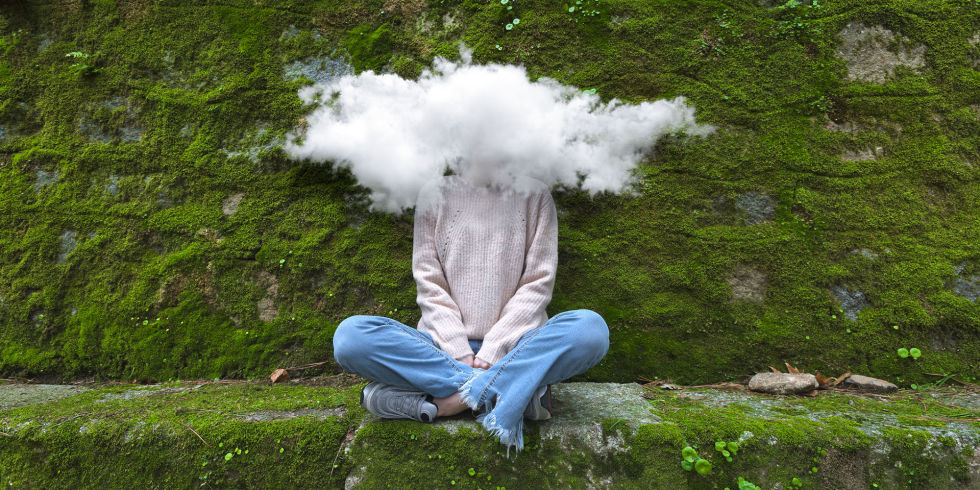When you’re stressed, it’s hard to enjoy life. You may find you wake at night with your mind racing, snap at those close to you, have mood dips and experience health niggles, such as muscle tension, headaches and digestive trouble, from stomach aches to constipation.
We’re designed for short bursts of stress, with chemicals such as adrenaline being churned out to trigger us to fight, flight or freeze in response to dangerous situations. But in modern life, we’re not faced with occasional but severe danger – we’re dealing with constant, low-level stress, like traffic jams, work trouble, problems with the kids, relationship issues and financial concerns.
The result? Stress chemicals are floating around in our bodies most of the time. Over time, that affects your health – stress has been linked with a range of chronic health problems, from depression to heart disease.
Whatever’s making you stress, here are some proven ways to feel calm.
1. Try some forest-bathing
No, you don’t need your swimsuit. Forest-bathing – called shinrin-yoku in Japan, where it originated – means spending time walking in woods. Research from the University of Essex has shown time in nature is one of the best ways to improve low mood, but Japanese studies have found that walking in forests may be particularly beneficial for busting stress.
2. Get the gratitude attitude
Scribbling down five things you’re grateful for can help you feel happier and sleep better, according to a US study. Try it when you feel overwhelmed to quickly shift your mindset.
3. Turn up the tunes
You probably know how music can quickly change your mood and a US study found what’s key is listening to music you love, not necessarily classic chill out tunes. So turn up the volume – music relaxes blood vessels and boosts blood flow, helping you relax.

4. Know whether you need me-time or we-time
“Lots of people assume they need to spend quiet time on their own when they’re feeling stressed,” says psychologist Emma Kenny. “And for some of us, a peaceful night in is essential for relaxation. But if you’re extroverted and get your energy from being around others, you may find too much time alone drains you.”
Sounds like you? It might be better to go out for a meal with friends when you need to blow off steam.
5. Get mindfully active
You’ve probably heard about the benefits of mindfulness meditation – simply sitting and observing your breathing – but it can be a struggle to clear that monkey mind. The free Headspace app has guided meditations. Buddhify is another amazing free app with guided meditations for multiple occasions, including sleep, travel and moments alone.
But if you still find it tricky, try a mindful activity instead – it gives you the same benefits. Anything where you have to concentrate and be in the moment will work, such as gardening, baking and playing sport.
6. Load up on lavender
Research published in the journal Phytomedicine found oral lavender oil capsules were as effective for beating anxiety as conventional anti-anxiety medication. You could also try spritzing soothing essential oils, including lavender, around your home to help you stay calm.

7. Get Moving!
“Exercise is proven to help de-stress you,” says Emma. The chemicals released during stress are designed to prime you to move so getting active can help shift them out of the bloodstream, helping you feel more relaxed. Cardiovascular exercise – which gets your heart pumping – has been shown to be more effective than more calming activities, but anything you enjoy will help. You could even keep a skipping rope or hula-hoop on standby at home to blitz tension whenever you need.
8. Watch what you drink
It’s tempting to reach for coffee to keep going when you’re busy – or alcohol to soothe you at the end of a difficult day. But excess caffeine can leave you jittery, while alcohol, although temporarily calming, is likely to leave you more anxious the next day. Instead, try sipping a soothing herbal tea, with warming cardamom and calming camomile.












